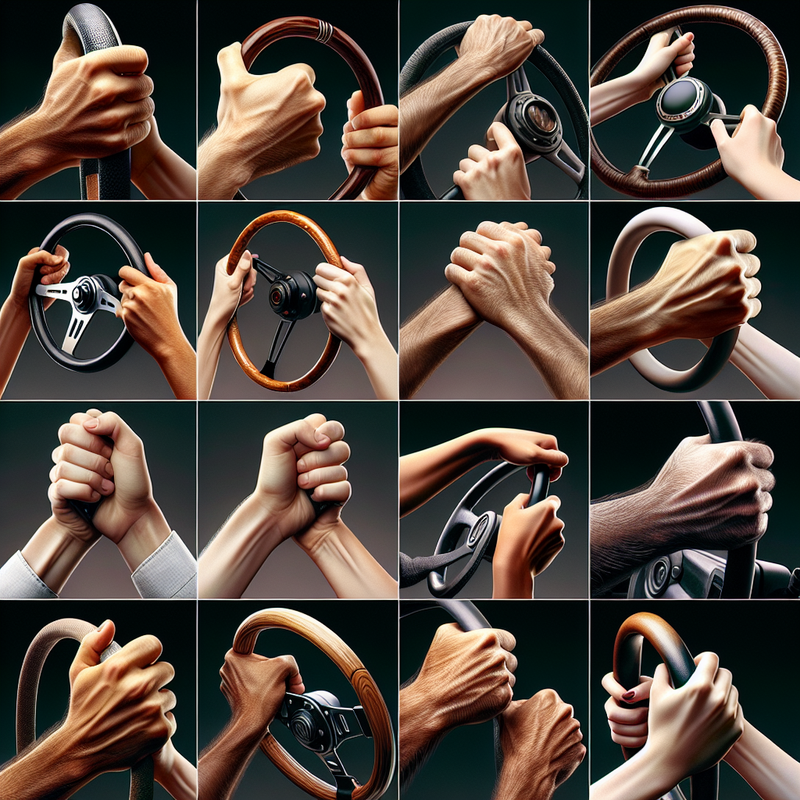Revolutionizing Romance: Bumble’s Pioneering AI-Driven Matchmaking
At the forefront of revolutionizing romantic connections, Whitney Wolfe Herd, Bumble’s visionary founder and leader, has proposed an innovative future where AI ‘concierges’ could take on the role of dating on behalf of individuals. Speaking at the Bloomberg Technology Summit in the diverse city of San Francisco, Wolfe Herd illustrated a future where these digital assistants delve through a sea of profiles to identify a select number of compatible individuals for real human interaction.
Guided by a principle of female empowerment, Bumble has been a game-changer in the sphere of online dating by enabling women to initiate conversations. Wolfe Herd reaffirmed Bumble’s dedication to empowering women, stating, “Always putting women in the driver’s seat—not to put men down—but to actually recalibrate the way we all treat each other.”
AI: The New Frontier in Personalized Dating Guidance
As artificial intelligence continues to shape various aspects of our lives, Bumble is at the cusp of exploring how this technology can enhance not just the search for a partner but also personal development. Wolfe Herd contemplated how AI could transcend its traditional role as a mere facilitator of connections and evolve into personal dating advisors, dispensing wisdom on romantic nuances and boosting users’ self-assuredness and communicative abilities.
Integrating AI within Bumble, one of the leading pioneers in the digital courtship area, could have profound effects. The platform’s standing is robust, contending neck and neck with Tinder for a slice of the U.S. market. The company has also witnessed remarkable financial achievements, with their revenue rocketing by 13.2% to $273.6 million in the last quarter of 2023 and their total subscriber count swelling by 16.4% to 4 million. The amalgamation of AI within Bumble’s offerings may well reshape the digital dating arena even further.
Navigating the Crossroads of AI and Intimacy with Caution
Mingling AI into the intimate realms of our lives has not gone unchallenged or uncriticized. This is evident from episodes such as the criticisms faced by an AI companion app accused of promoting destructive behavior, coupled with ethical dilemmas regarding the depth of connections nurtured with entities driven by profit. The specter of privacy breaches is also significant, underscored by studies unveiling that numerous romantic chatbot applications are reckless with user data.
In the face of such concerns, Wolfe Herd takes an optimistic stance, suggesting the temporary nature of such extreme occurrences with AI implementation. Bumble’s aspiration, according to her, rests on the AI’s role in fostering “more healthy and equitable relationships” rather than replacing human interaction altogether.
As dating platforms become infused with cutting-edge tech, Bumble’s strategy may well chart a new course for romance and companionship in the era of digital connection.







